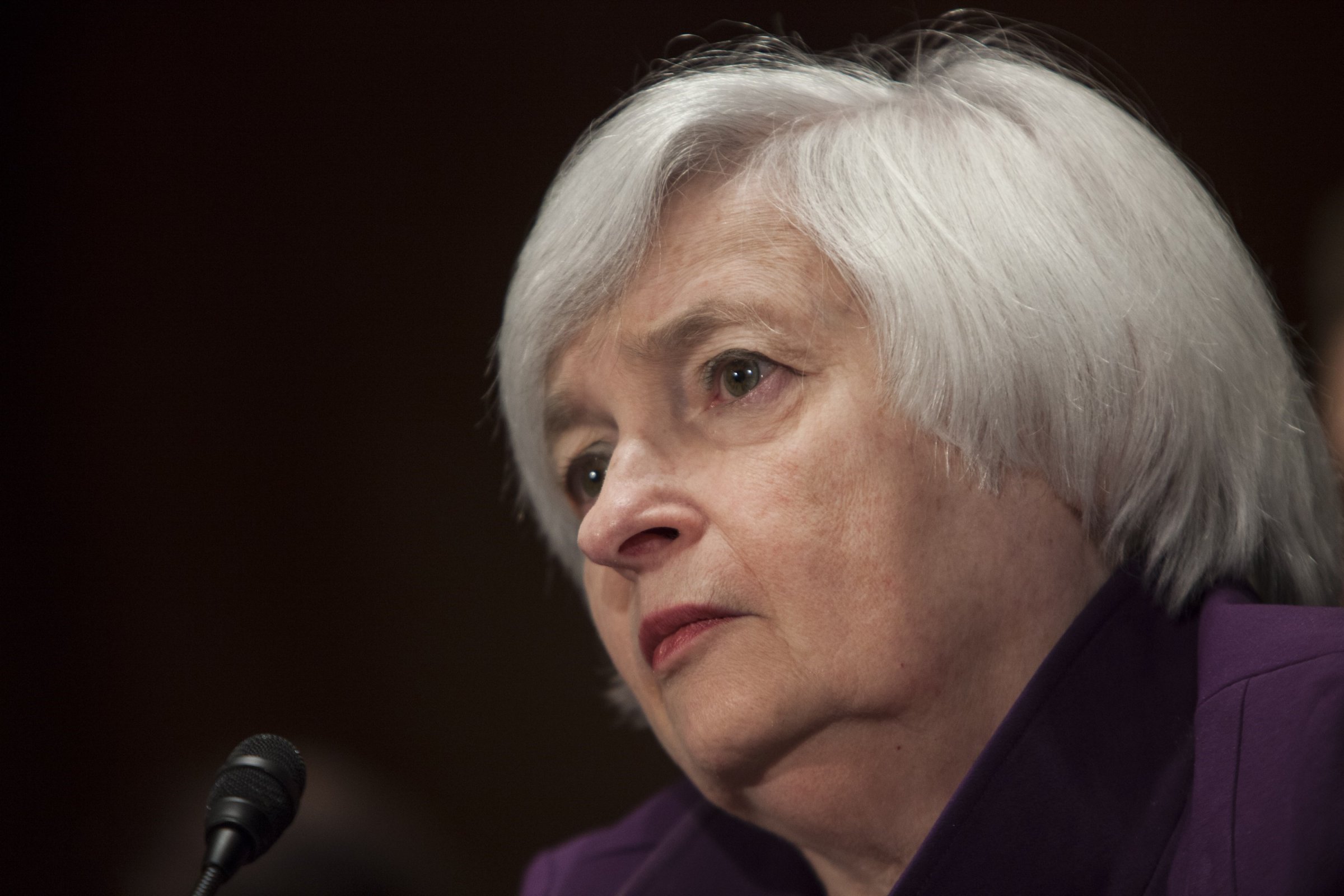
Thursday’s meeting of the Federal Open Market Committee (FOMC), the body within the Federal Reserve that sets monetary policy, is the most anticipated in at least seven years.
For months now, Fed officials have been hinting to the public that economic conditions have improved to the point that the economy can handle a small increase in interest rates, and that a small increase will be needed to prevent inflation from rising to harmful levels.
But recent data coming out of China and stock market declines across the globe have called into question just how strong the global economy is. Analysts are even wondering whether the Federal Reserve has the capacity to guide interest rates slowly upwards, or even set rates where it wants them.
On his blog Tuesday, former Treasury Secretary Larry Summers argued that the Fed shouldn’t raise rates because it would come as a shock to financial markets. He writes:
Monetary policy should seek to avoid major surprises. Right now the fed funds futures market is assigning only a 28 percent chance to a September tightening. In the last 20 years, the Fed has never tightened without guiding the futures market to at least a 70 percent chance of a tightening. So a move now, given how expectations have been managed, would be an extraordinary shock at a highly uncertain time.
The last time the Fed moved to raise rates when the markets weren’t prepared for the move was back in 1994. Fortune called the subsequent market hysteria the Bond Market Massacre. As Summers describes it, “Over the ensuing nine months, the interest rate on the 10-year bond rose by 2.2 percentage points — nearly twice as big an increase as any subsequently — with mortgage rates rising in tandem. Volatility spiked dramatically across the world, and Orange County, CA, had the then-largest municipal bankruptcy in U.S. history. Mexico and Argentina moved towards financial crisis.”
In other words, the Fed can’t simply raise rates unless it’s laid the groundwork through effective communication of it’s intentions, and in recent weeks, it has not done that.
Another reason the Fed might not be able to raise rates is that the economic situation of the United States will simply not justify a federal funds rate above near-zero. This is the implication of a recent article in the Wall Street Journal, which showed that more than a dozen central banks have tried raising rates in the past, only to be forced to lower them again as the economies they were supposed to be managing tanked.
This gets at the central question of whether the Fed should raise rates. Traditional measures of an accelerating recovery, like a falling unemployment rate, say that the answer is yes. But there is also reason to believe that, post-crisis, the new rate of “full employment” is much lower than it used to be. Others argue that fears of rising inflation are overstated, and weakness abroad makes deflation the bigger risk.
Finally, there is the question of whether the Fed has the technical tools to force interest rates to rise. In normal times, the Fed would control rates by adding or subtracting “reserves” to the banking system. If it wanted to raise rates, it would sell Treasury bills to banks in exchange for these reserves. But after years of quantitative easing, the system has been flooded by reserves, and therefore it must use new and untested tools, like adjusting the interest rates it pays on reserves kept at the bank, or using reverse repo agreements, whereby it sells bonds to a counter party with an agreement to repurchase that same security at a specified price at a specific time in the future. This will, theoretically, enable the Fed to set an interest rate floor, because promise to repurchase a bond the next day at a high enough price will be like setting an overnight interest rate, and be a transaction that bondholders can’t afford to forgo.
Nonetheless, these methods are untested. Janet Yellen is often referred to as the most powerful woman in the global economy, but not even she can override the will of global markets. We may see Thursday just how far her power extends.
This article originally appeared on Fortune.com
More Must-Reads from TIME
- Cybersecurity Experts Are Sounding the Alarm on DOGE
- Meet the 2025 Women of the Year
- The Harsh Truth About Disability Inclusion
- Why Do More Young Adults Have Cancer?
- Colman Domingo Leads With Radical Love
- How to Get Better at Doing Things Alone
- Michelle Zauner Stares Down the Darkness
Contact us at letters@time.com